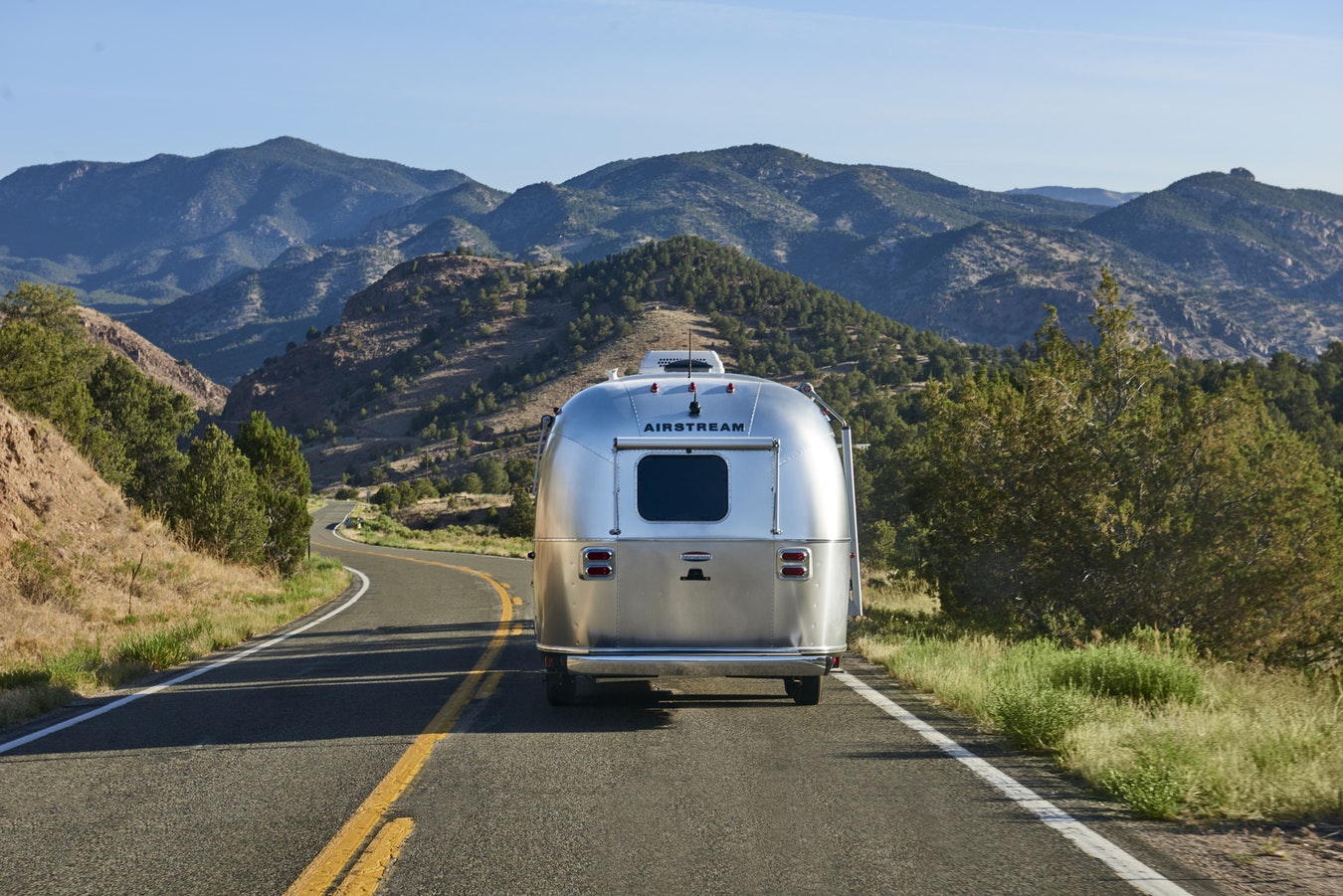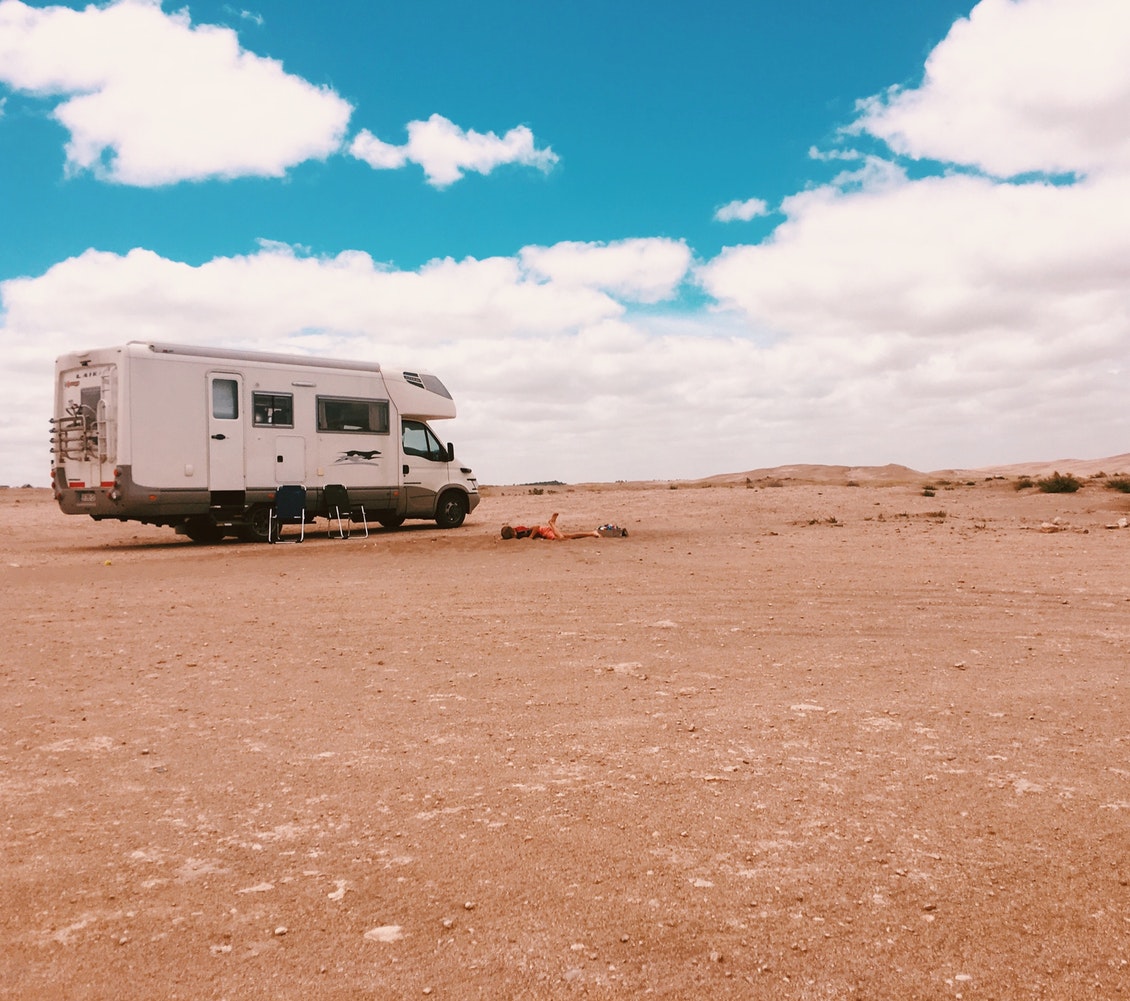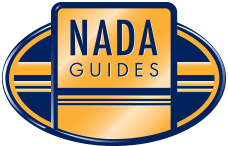Buying & Financing an RV - The Dealer is Not the Enemy
Statistics show that the 80/20 rule applies to RV sales profits. This means that approximately 80% of all RV's sold will make the dealer an acceptable profit. How much is that? I can tell you it is measured in the thousands... and even tens of thousands of dollars. As you will learn, this applies not only to the sale but also to the RV financing.
How about the other 20%? Most of them will fall into the area of "just under the acceptable range". But, they are still paying the dealer several thousand dollars in profit. Actually, only about 10% - 20% of RV sales made last year were at a profit margin that would be considered totally unacceptable to the dealer. In other words, the customer won... and won BIG!
In a Hurry? Try Our
Best Rate: 1-Minute Quick-Quote
I've always believed that buying, or selling an RV, really doesn't have to be that difficult. It basically depends on how each of the parties involved has been trained, and what they have learned.
My sales people have always been taught to be courteous, helpful, and most of all professional. They return phone calls. They send thank you notes. And, they treat each and every customer with respect.
They Are Also Taught Two Basic Principles:
1. Make a reasonable profit. We have earned it and we deserve it. We have to pay the mortgage, utilities, salaries, RV sales, and financing commissions, etc. So by all means, make us a reasonable profit.
2. Sell RV's. Always try to make a reasonable profit, but if you can't... at least try to make some profit. A little of something is better than a whole lot of nothing.
It's really very easy to save a substantial amount on the purchase of your next RV... If, and only if you know exactly what to do. Here's a look at a typical outing to the local, or not-so-local RV dealership.
The Gun-Fight at the O.K. RV Sales Corral
Most people walk into an RV dealership with the impression that they are going into battle. They bristle with resistance as the salesman introduces himself, and begins the cat and mouse game of "I can sell you... No, you can't."
The salesman is asking qualifying questions, to hopefully keep from walking all over the lot and showing each and every RV. You are simply trying to see the different styles, options, colors, models, etc. It is a tug of war... But it doesn't have to result in all-out war.
Obviously, the dealer, as the individual or business that has shelled out literally millions of dollars to provide a good inventory of recreational vehicles, has the right to regulate the flow of potential customers through his doors. He also has the right to dictate what type of methods his salespeople use.
Find YOUR Best Rate with our Free
On-Line RV Loan Application
When people walk through the doors of the dealership, many salesmen, like a cop in a bad movie, will subconsciously read you your RV Miranda Rights.
You have the right to remain ignorant. Anything you say can and will be used against you in the sales office. You have the right to speak to your spouse, and to have your spouse present during any negotiations. If you cannot afford an RV, one will be financed for you at 1% to 3% over "buy rate". (Buy Rate is the Dealer's actual interest rate charged by the lender.)
This is the mentality of many, many RV dealers and salespeople across the country. They will use any means possible to sell you an RV from their inventory, and their lot. They will use a multitude of tricks and strategies to "help" you buy on your first visit. They will give you formidable real and/or "not-so-real" reasons to buy NOW! (You should already know, or have the knowledge to recognize any "Real Reasons" the dealer may legitimately offer. They can be BIG money-savers.)
You, as the consumer also have a set of rights that you should go over mentally as you walk through the doors of any dealership.
The RV Consumer's Bill of Rights
1. You have the right to be knowledgeable. Anything you have learned can be used against any high-pressure tactics of a salesperson or over-aggressive sales or finance manager.
2. You have the right to take your time. Although you do have the right to know how to use urgency to your advantage.
3. You have the right to know the wholesale and retail book value of your trade-in, as well as the RV you are potentially buying.
4. If you finance your RV, you have the right to choose your own source for your RV Loan, at the best interest rate and terms possible.
5. If you choose to purchase an RV Warranty, you have the right to a fair price and a reputable company.
Clearly, the dealer is entitled to some profit... Without it he could never survive. Many dealers make HUGE profits on the RV's they sell. Your job as a consumer is to make sure that he pays the rent on the next buyer... Not you.
You are Your Own Worst Enemy...
Most people never take the time and/or money to learn. They don't realize that when they walk into the dealership and sit down, they have taken a knife to a gun fight. Dealerships spend thousands of dollars training their salespeople to make a good profit on each and every person they work with. Yet still, the vast majority of buyers never take the time to really learn how to buy an RV at a minimal profit for the dealer.
Unfortunately, there is very little good information out there on the subject of RV related SAVINGS! There are plenty of books on how to use your RV, fix your RV, and travel in your RV. There are even some books on the subject of buying an RV. But all of them combined seem to provide very little real-world, down and dirty strategies for saving money.
I have read every book that is available on the subject and find all of them very lacking in good advice. If you are only armed with the advice in these manuals, a good salesman will eat your lunch every time.
Not only must you be able to buy your RV very near the dealer's cost, you must be skilled in evaluating the quality, or lack of it, in the various makes and models you have to choose from.
One important thing to consider is the issue of a trade-in. Should you put forth the effort to sell your own RV before you purchase another one? "Effort", is the key factor. If you put in the effort, you deserve to keep the profits of your labors.
What About My Trade-In?
If you trade in your RV, the dealer will be the one who puts forth the effort to sell your unit. He will be the one to make interest payments on it while it sits on his lot. He will incur the advertising expense, sales commissions, etc. He will also have to fix any defects or problems as well as typically providing a warranty on the unit for a minimum of 30 days.
In other words, don't expect to get full retail for your trade-in. It doesn't happen... Ever. (See our article on evaluating your RV Trade-In Value.)
Some Parting Thoughts...
People ask me time and time again: "When is the best time to buy an RV?" My answer is always the same. "Anytime..." They then typically reply: "No, I mean is Winter the best time? Or maybe at the RV Shows? What about the end of the month, I've heard that is the best time of the month..."
The truth of the matter is this: RV dealers need to sell and finance RVs all year long. Some sales make a lot, some sales make a little. Your job is to make sure you have the skills to play the game effectively.
As long you are armed with the proper tools, and by that I mean information and knowledge, you should be able to negotiate a deal that is fair to both you and dealer. No matter what time of year, remember... Knowledge is power. Use it to your advantage.
Do your homework. Research various models and dealer pricing. Leave your checkbook at home until you are ready to make an offer. Remember the value of the Internet and the ease of shopping it offers.
And always remember... Be kind to your local RV dealer. He is the one most likely to be servicing and repairing your RV. A few dollars more - spent locally... Are wisely spent.



















